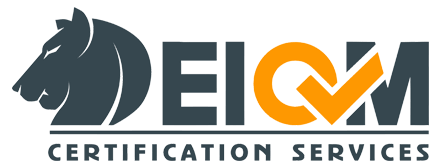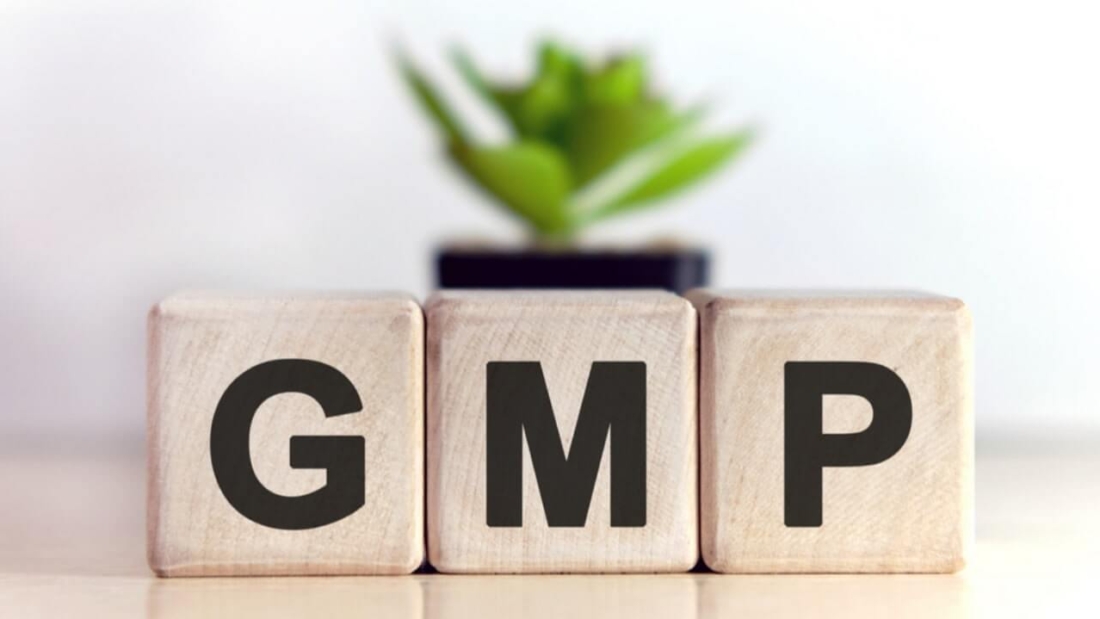GMP certification is crucial for businesses in regulated industries, as it ensures that products are safe, effective, and meet the quality standards expected by consumers and regulatory authorities. It helps build trust and confidence among consumers.
Good Manufacturing Practices, often abbreviated as GMP, are a set of regulations and standards that ensure the quality, safety, and efficacy of products in various industries, particularly pharmaceuticals and food production. This article explores the significance of GMP , the certification process, its benefits, and its implementation in different sectors.
Introduction to GMP Certification
Good Manufacturing Practices, commonly known as GMP, are a system of quality assurance that ensures that products are consistently manufactured and controlled to the highest quality standards. GMP regulations are designed to minimize the risks involved in any pharmaceutical production that cannot be eliminated through testing the final product.
Who Needs GMP Certification?
GMP certification is not limited to pharmaceutical companies. It is also vital for the food industry, cosmetics, and dietary supplement manufacturers. Any industry that produces products for human consumption or use can benefit from GMP .
GMP Process
The process of obtaining GMP involves several steps, including self-assessment, documentation, training, and external audits by accredited certifying bodies. Companies must demonstrate compliance with GMP regulations to obtain certification.
Benefits of GMP
GMP certification offers numerous benefits, including improved product quality, increased customer trust, reduced risks, and enhanced market competitiveness. It also helps companies avoid regulatory fines and legal issues.
GMP in the Pharmaceutical Industry
In the pharmaceutical industry, GMP compliance is non-negotiable. The strict regulations and guidelines ensure that drugs are manufactured under controlled conditions, preventing contamination and ensuring patient safety.
GMP Certification in the Food Industry
The food industry also relies on GMP to maintain high standards of safety and quality. From the handling of raw materials to the packaging of finished products, GMP principles are crucial in food production.
Quality Control and Assurance in GMP
Quality control and assurance are fundamental aspects of GMP. Companies must establish quality control processes to monitor product quality during manufacturing, ensuring that any deviations from the standard are addressed promptly.
Regulatory Bodies and GMP
Various regulatory bodies worldwide oversee GMP compliance, including the FDA in the United States and the EMA in Europe. These agencies set standards and conduct inspections to ensure companies comply with GMP regulations.
GMP Audits and Inspections
Regular GMP audits and inspections are conducted to verify compliance. Companies must be prepared for these audits to maintain their certification and reputation.
Common GMP Non-Compliance Issues
Non-compliance with GMP regulations can lead to product recalls, financial losses, and damage to a company’s reputation. Understanding common non-compliance issues is essential for maintaining certification.
Case Studies of GMP Success Stories
Exploring real-life case studies of companies that have achieved GMP certification and the positive impact it has had on their operations and customer satisfaction.
Maintaining GMP Certification
Obtaining GMP is just the beginning. Companies must work continuously to maintain compliance and improve their processes to stay competitive and uphold the highest quality standards.
GMP Certification Costs
An overview of the costs associated with obtaining and maintaining GMP , including certification fees, training expenses, and process improvement costs.
Conclusion
In conclusion, GMP certification is a critical component of quality assurance in industries that produce goods for human consumption or use. It ensures that products meet the highest quality standards, and it provides numerous benefits for businesses. Maintaining GMP compliance is an ongoing effort that is well worth the investment for the long-term success of companies.
Contact EIQM
To contact us, please fill out the form below. We will contact you as soon as possible. You can also apply through this form if you would like to receive system certification or representation of EIQM Certification Body.

